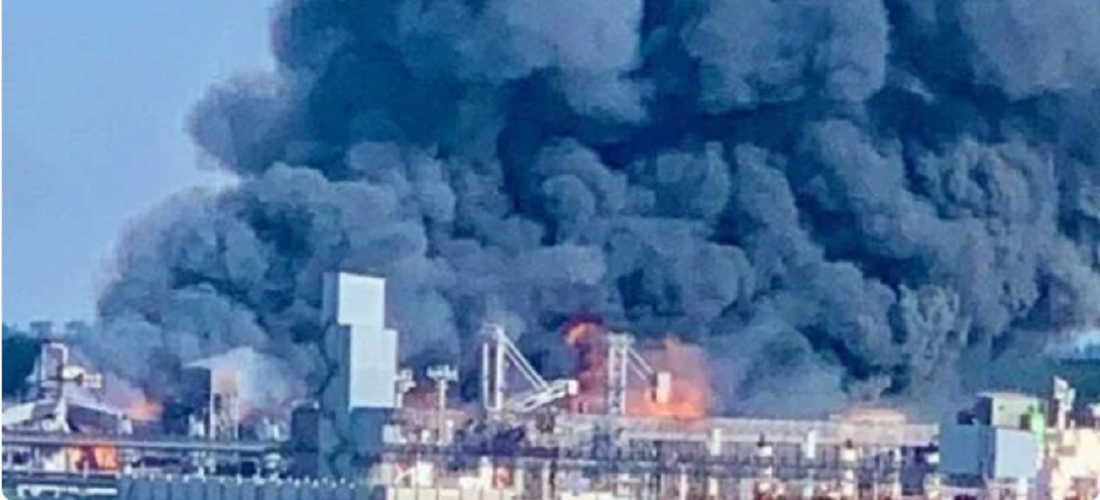
IMF warns fragmented commodities markets imperils food security, green transition
Oct, 04, 2023 Posted by Gabriel MalheirosWeek 202340
The invasion of Ukraine by Russia in February 2022 has led to the fragmentation of key commodity markets, increasing food insecurity in low-income and more vulnerable countries and posing challenges to the global energy transition, warns the International Monetary Fund (IMF).
The war in Ukraine has resulted in increased trade restrictions by countries on goods, using commodities such as oil, natural gas, and agricultural grains as leverage in a major conflict, as indicated in Chapter 3 of the IMF’s World Economic Outlook (WEO) report, which addresses the fragmentation of commodity markets, released on Tuesday (03).
“Commodities, especially minerals essential for the green transition and some highly traded agricultural products, are particularly vulnerable in the case of geoeconomic fragmentation,” note economists Jorge Alvarez, Mehdi Benatiya Andaloussi, and Martin Stuermer in an article published on the IMF Blog.
According to the authors, this increased fragmentation could lead to turbulence in commodity markets, causing significant price fluctuations. In terms of global economics, the IMF estimates relatively modest long-term losses of about 0.3% due to compensatory effects on production and consumption in countries.
However, low-income and other vulnerable countries will experience a more significant impact, according to the Fund’s simulations, which point to “long-term production losses exceeding 2%.”
They attribute these adverse effects in part to the highly concentrated production of essential commodities – a consequence of regional advantages in natural resources. For example, the three largest mineral suppliers account for about 70% of the global output on average. This leaves many countries highly dependent on importing food, energy, and minerals from a few suppliers.
This fragmentation of markets could also hinder the global energy transition. To achieve net-zero carbon emissions goals, the demand for minerals will need to increase several-fold in the coming years. Since the supply of these inputs is concentrated in a few countries, trade is essential to ensure access to these resources.
“In our hypothetical scenario where the trade of critical minerals between blocs is disrupted, investment in renewable energy and electric vehicles could be reduced by up to 30% by 2030, compared to an unfragmented world,” wrote the IMF economists.
Climate events and natural disasters
They argue for the urgent need to ensure the unimpeded flow of food and minimize the threat of food insecurity in low-income countries, “especially given the increasing frequency and intensity of climate events and natural disasters.”
The IMF also recommends that governments work to reduce the risks arising from the fragmentation of commodity markets, with measures such as seeking supplier diversification and increasing investment in mining, exploration, and recycling of critical minerals.
Source: Valor Econômico
To read the full original news report, see: https://valor.globo.com/mundo/noticia/2023/10/03/fragmentacao-dos-mercados-de-commodities-ameaca-seguranca-alimentar-e-transicao-energetica.ghtml
-
Meat
Mar, 24, 2025
0
Lula Visits Japan to Expand Beef and Ethanol Exports
-
Sugar and Ethanol
Jan, 27, 2019
0
Sugar production to rise in center-south region this season
-
Sugar and Ethanol
Oct, 19, 2023
0
Crunch time for Brazil ports as coffee flow hit, sugar faces delays
-
Meat
May, 26, 2020
0
Thailand opens market to recieve Brazilian beef and offal

